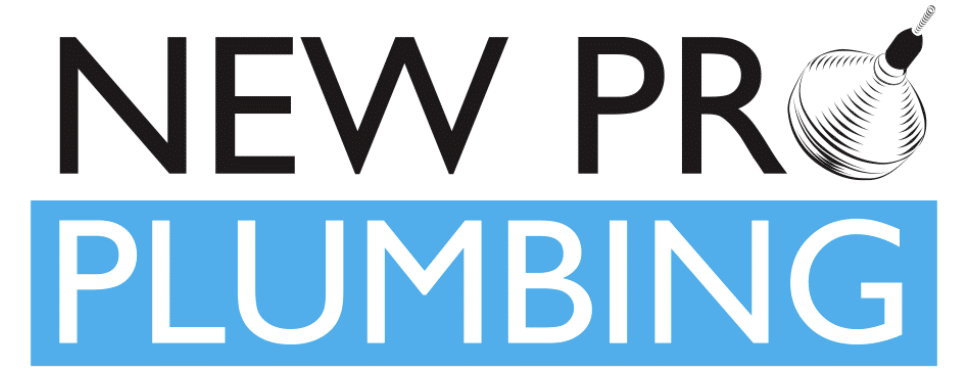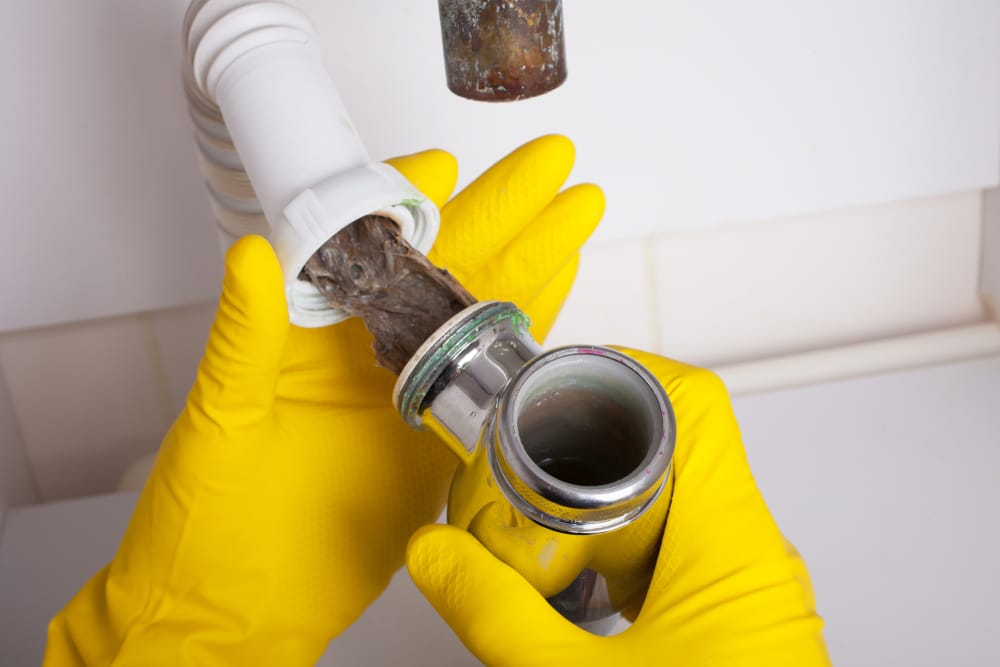As a homeowner in Los Angeles, knowing the basics of plumbing is essential to avoid costly repairs and water damage. While calling a professional plumber may be necessary in some cases, there are some basic plumbing skills that every homeowner should know. In this article, we will discuss some of the fundamental plumbing skills that can save you time, money, and headaches.
Understanding Your Plumbing System
The first step to being a DIY plumber is to understand your home’s plumbing system. Your home’s plumbing system consists of two separate subsystems: the supply system and the drainage system. The supply system delivers water to your home, while the drainage system removes wastewater.
Understanding Your Supply System
Your supply system consists of two main components: the water meter and the main water shutoff valve. The water meter measures the amount of water you use, while the main water shutoff valve controls the water flow into your home. It is essential to know where your main water shutoff valve is located, so you can quickly turn off the water in case of a plumbing emergency.
Understanding Your Drainage System
Your drainage system is the network of pipes that carries wastewater away from your home. The main drainage pipe is connected to the city’s sewer system or a septic tank. It is essential to know where your main drain cleanout is located, as this is where you can access the drainage system for cleaning or maintenance.
Tools You Need
Having the right tools is crucial when it comes to DIY plumbing. Here are some essential tools you should have in your toolbox:
- Plunger
- Pipe wrench
- Adjustable wrench
- Basin wrench
- Teflon tape
- Hacksaw
- Auger
Basic Plumbing Skills Every Homeowner Should Know
Fixing a Leaky Faucet
A leaky faucet can be annoying and waste a lot of water over time. The most common cause of a leaky faucet is a worn-out washer or O-ring. To fix a leaky faucet, follow these steps:
- Turn off the water supply to the faucet.
- Remove the handle.
- Remove the nut that holds the stem in place.
- Remove the stem.
- Replace the washer or O-ring.
- Reassemble the faucet.
Unclogging a Drain
A clogged drain can be a significant inconvenience in your home. The most common cause of a clogged drain is a buildup of hair, soap, and other debris. Here are some steps to unclog a drain:
- Remove any visible debris from the drain.
- Use a plunger to try and dislodge the clog.
- If the plunger doesn’t work, use an auger to break up the clog.
- Flush the drain with hot water.
Fixing a Running Toilet
A running toilet can waste a lot of water and be noisy. The most common cause of a running toilet is a faulty flapper valve. Here are the steps to fix a running toilet:
- Turn off the water supply to the toilet.
- Remove the toilet tank lid.
- Check the flapper valve for damage or wear.
- Replace the flapper valve if necessary.
- Adjust the chain that connects the flapper valve to the flush lever if necessary.
Conclusion
Knowing the basics of DIY plumbing can save you time, money, and headaches as a homeowner in Los Angeles. By understanding your plumbing system, having the right tools, and learning basic plumbing skills, you can tackle many common plumbing issues. However, if you encounter a more significant plumbing problem, it’s best to call a professional plumber.
FAQs
1. How often should I have my plumbing inspected?
It’s a good idea to have a professional plumber inspect your plumbing system once a year to catch any potential problems before they become major issues.
2. How can I prevent frozen pipes during the winter?
To prevent frozen pipes, keep your home’s temperature above 55 degrees Fahrenheit, open cabinet doors to allow warm air to circulate around pipes, and insulate any exposed pipes.
3. Can I use chemical drain cleaners to unclog my drains?
While chemical drain cleaners can be effective, they can also damage your pipes over time. It’s best to use a plunger or an auger to unclog your drains.
4. What should I do if I smell gas in my home?
If you smell gas in your home, evacuate immediately and call your gas company or a professional plumber. Do not turn on any lights or appliances, as this could cause an explosion.
5. How can I increase the lifespan of my plumbing fixtures?
To increase the lifespan of your plumbing fixtures, avoid using harsh chemicals or abrasive cleaners, fix leaks promptly, and avoid flushing anything down your toilet besides toilet paper and human waste.

















